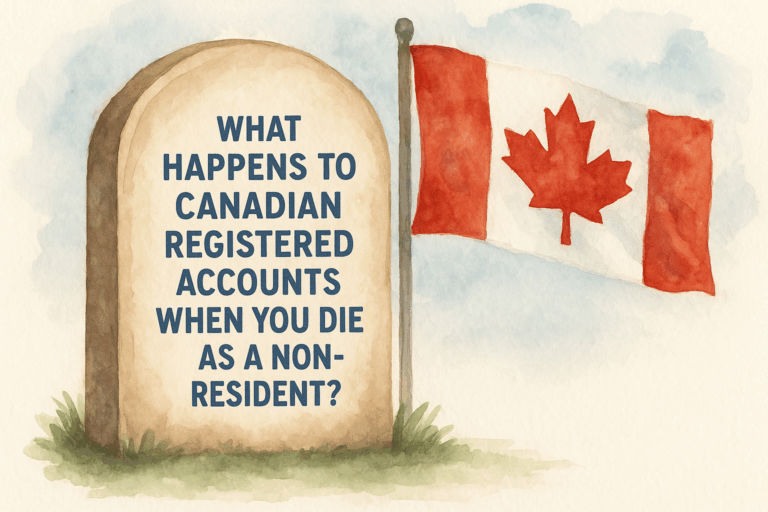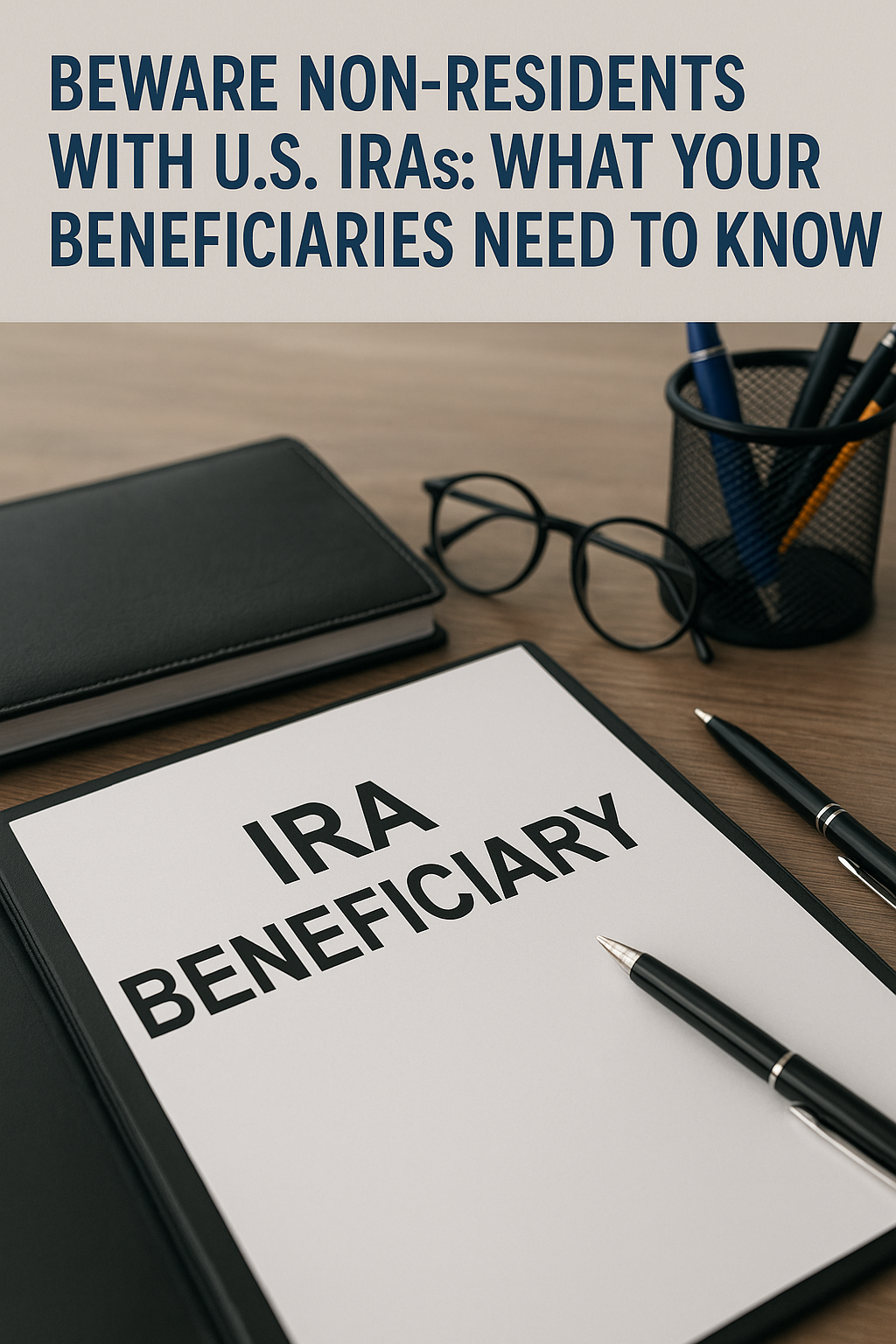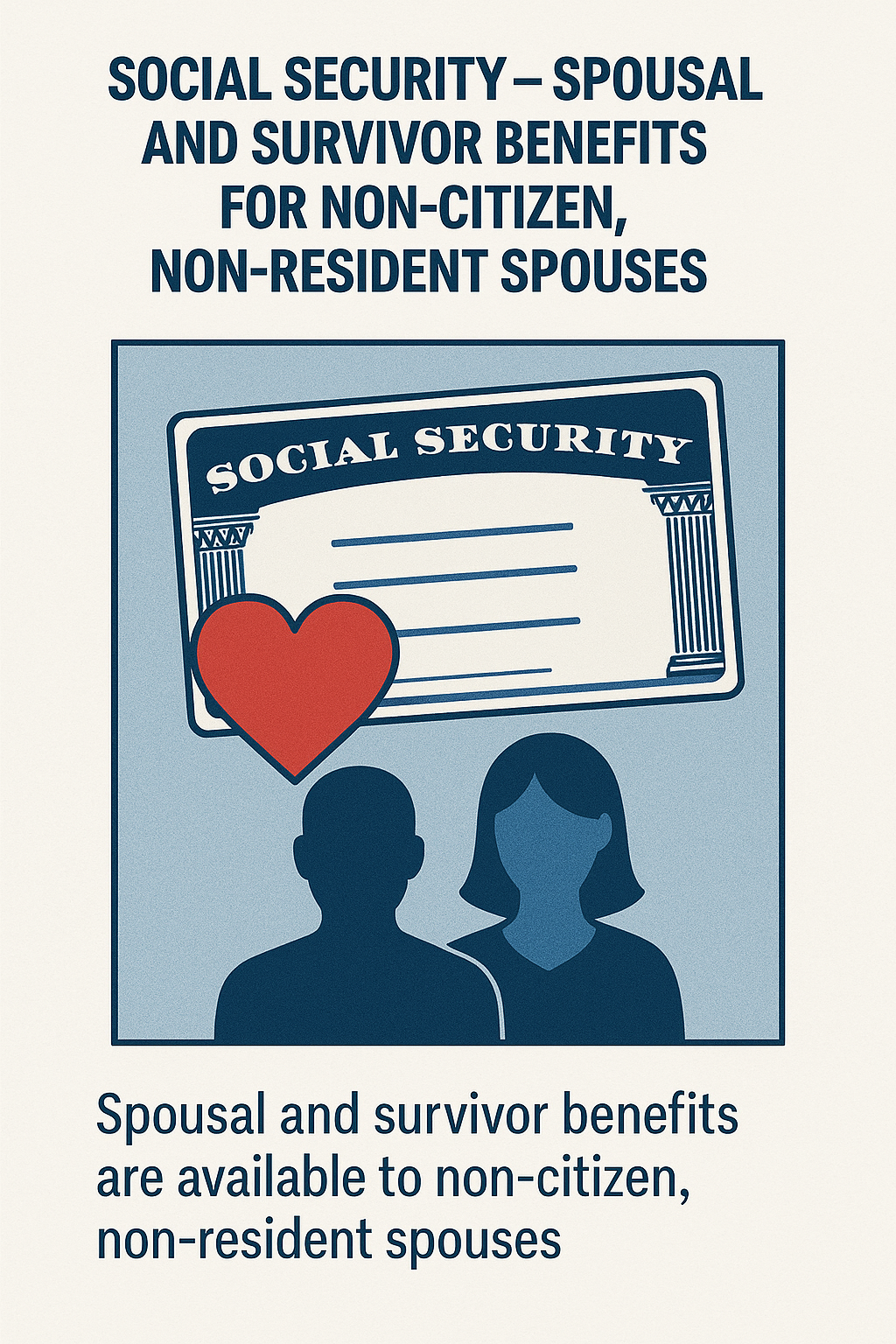In an increasingly interconnected world, more individuals find themselves with assets spread across multiple countries, necessitating a nuanced approach to estate planning. This complexity is magnified when those assets are subject to different legal systems, as is often the case with cross border holdings in the U.S. and Canada.
At 49th Parallel Wealth Management, we specialize in advising on estate plans that ensure your assets are managed and distributed according to your wishes, the tax burden of your estate is mitigated, while fully complying with international laws.
The Importance of Cross Border Estate Planning with International Laws:
Coordinated estate planning with international laws is essential for several reasons:
- Legal Compliance: Ensures that your estate plan adheres to the laws in each country where your assets are located.
- Control: Your assets may not be distributed according to your wishes if your documents become outdated, if you are not using the correct documents, or they are drafted in the wrong jurisdiction. The provisions of your Will can be challenged in Probate court, assets in another country may be neglected, or a probate judge may not accept your Will if it is not drafted properly.
- Minimization of Taxes and Fees: Helps reduce potential estate tax, deemed disposition tax, and inheritance taxes and legal fees that can erode the value of the estate.
- Conflict Avoidance: Aids in preventing disputes among heirs, particularly in complex family situations involving multiple parties in different countries.
Key Considerations in Cross- Border Estate Planning following International Laws:
- Understanding Diverse Legal Systems in International Laws-Different countries have vastly different approaches to estate taxation. For example, the U.S. has an estate tax system, whereas Canada does not have an estate tax but imposes a deemed disposition tax upon death. Understanding these nuances is crucial.
- Asset Location and Type in International Laws-The type of asset (real estate, business interests, financial accounts) and its location can significantly affect estate planning. Some jurisdictions might impose strict regulations on the transfer of certain asset types to foreign nationals or heirs. The U.S. provides a much larger estate tax exemption to citizens and residents than it does to non-resident aliens. There are also differences in gifting exemptions for residents, citizens, and non-resident aliens.
- Citizenship and Residency in International Laws-Your citizenship and residency status, as well as those of your heirs, can have profound implications on your estate planning. For instance, U.S. citizens are subject to U.S. estate taxes on their worldwide assets, regardless of where they reside or where the assets are located. Canadian residents are subject to a deemed disposition tax on their worldwide assets.
- Use of Trusts and Other Legal Instruments in International Laws– Trusts, wills, and other estate planning instruments must be carefully structured to align with the laws of relevant jurisdictions. For example, a trust established in the U.S. might not be treated the same way in Canada. Retained earnings in Canadian trusts are taxed more heavily than U.S. trusts, and there is no such thing as a Revocable Living Trust in Canada. All Canadian trusts are separate entities and are treated similar to U.S. Irrevocable Trusts from a tax standpoint. Assigning a Canadian resident as the trustee of a U.S. trust can cause the trust to be deemed a Canadian trust and cause a whole host of new issues.
Effective Strategies for Cross Border Estate Planning
- Engage with International Estate Planning Experts-Work with estate planners and attorneys who specialize in international laws and are familiar with the treaties, specific requirements, and legal environments of the countries involved.
- Regularly Update Your Estate Plan-As laws and personal circumstances change, regularly updating your estate plan is vital. This includes revising wills, trusts, and other documents to reflect current laws and family dynamics. We recommend updating your estate plan every five years or sooner.
- Coordinate Estate Plans Across Borders-Ensure that your estate plans in different countries are coordinated to prevent conflicts and inefficiencies. For instance, estate plan documents such as Wills and Powers of Attorney are jurisdiction specific. If you are spending significant time in two jurisdictions, you may want to draft Powers of Attorney specific to each jurisdiction, or at least have local estate planning attorneys review your documents to ensure they will work in both places. If you have real estate, business interests, financial accounts, or private investments in more than one jurisdiction, you should have Wills in both jurisdictions that are coordinated as those assets will go through probate in the jurisdiction where they are located. You don’t want any assets going through probate in more than one jurisdiction, so careful planning is required.
- Plan for Multinational Taxation-Consider the tax implications in each jurisdiction to avoid the unnecessary taxation of your estate by following international laws. Tax planning should be an integral part of the estate planning process to maximize the value passed on to your heirs, but it is not the only consideration as control and compliance are also of utmost importance.
Cross–border estate planning is a complex but critical process for those with assets and family connections across multiple countries. At 49th Parallel Wealth Management, we provide expert guidance to help you navigate this difficult landscape, ensuring your assets are protected and distributed according to your precise wishes. With our expertise, you can secure peace of mind knowing that your global estate is well-managed and compliant with international laws. Contact us today to begin crafting a comprehensive estate plan that spans borders and generations.





